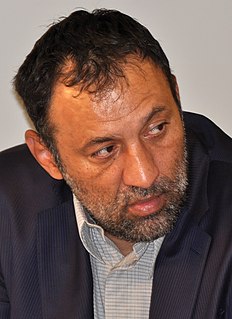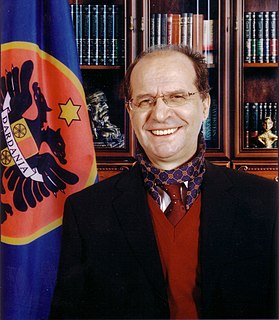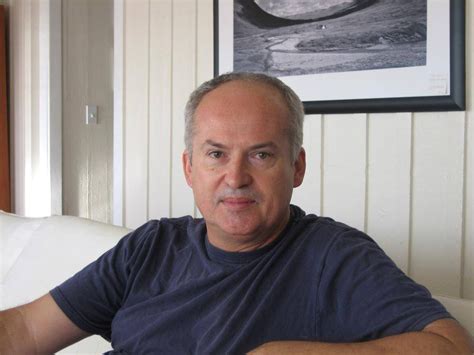A Quote by Emir Kusturica
You know, in each segment of ex-Yugoslavia, multi-ethnic life is lost, except I think we somehow still have this in Serbia.
Related Quotes
The Soviet Union came apart along ethnic lines. The most important factor in this breakup was the disinclination of Slavic Ukraine to continue under a regime dominated by Slavic Russia. Yugoslavia came apart also, beginning with a brutal clash between Serbia and Croatia, here again 'nations' with only the smallest differences in genealogy; with, indeed, practically a common language. Ethnic conflict does not require great differences; small will do.
Yugoslavia is, with Iran, the only country which under difficult, not to say agonising, circumstances stood up to Joseph Stalin. It was not easy to unite ethnic groups or to modernize a country like Yugoslavia, and it must be acknowledged that Marshal Tito achieved something extraordinary. May God grant that his successors be as capable as he.
We are not here just to survive and live long .... We are here to live and know life in it's multi-dimensions, to know life in its richness, in all it's variety. And when a man lives multi-dimensionally, explores all possibilities available, never shrinks back from a challenge, goes, rushes to it, welcomes it, rises to the occasion then life becomes a flame, life blooms.
In Globetrotter, David Albahari explores the consciousness of emigres from the former Yugoslavia, Croatia and Serbia, showing that while abroad, many of us are even more intensely preoccupied with our histories than we were while living in Yugoslavia. His narrative structured out of realistic details and perceptions with self-conscious meditation blending history, civilization and its discontents, and personal experience reaches a density and intensity akin to Krasznahorkai's and Thomas Bernhard's. An intensely idiosyncratic narrative, enjoyable and thoughtful.
The U.S. ultimately decides what the national security threat is. They put Russia one, Iran two, China three - the terrorists are down the list. But it's amazing to me that we can still consider Russia a threat. On the contrary, they've been very helpful in the Middle East, trying to calm the situation and respect the rights of sovereign countries to exist. It's the U.S. that hasn't - whether in Serbia, the old Yugoslavia, in Africa, and now, Iraq.





































